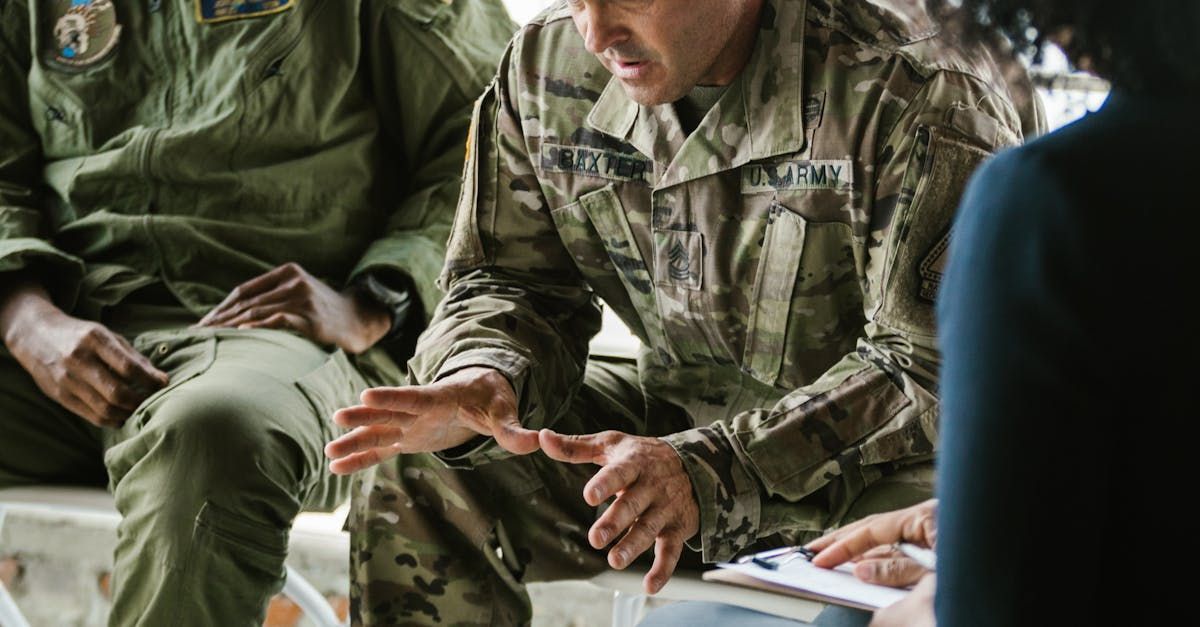Anxiety & Coping Behaviors
Common Defense Mechanisms

Coping behaviors are defense mechanisms that can help us deal with or avoid situations that cause anxiety. If you have generalized anxiety disorder, it’s important to be aware of your own behavior patterns, because some of them may be self-destructive or cause strain with your friends and loved ones. Self-awareness can help you deal with your anxiety in healthier ways and even develop better coping behaviors to address your anxiety at its source.
Please take a look below at some of the most common defense/coping mechanisms. We encourage you to consider which one(s) might apply to you, and to call on Thrive Counseling & Consulting, PLLC if you would like to learn more.
- Displacement – This is the unconscious process of taking out your frustration or fear out on someone or something else.
- Denial – Denial is the refusal to admit the reality of your circumstances or an issue.
- Repression or Suppression – These involve knowingly or unknowingly pushing the anxiety (and the reason for it) away from conscious awareness.
- Sublimation – Sublimation involves changing your behaviors into what you think is a more tolerable form.
- Projection – Projection is the process by which you take your own insecurities, thoughts, or behaviors and attribute them to someone else.
- Intellectualization – Intellectualization means taking a clinical approach in your thinking.
- Rationalization – Rationalization involves trying to explain away your behavior.
- Regression – People can regress or revert to a behavior from an earlier stage of development.
No matter your coping mechanisms or the behaviors you revert to when experiencing anxiety, Thrive Counseling & Consulting, PLLC can help you with developing self-awareness. If you want online or in-person counseling, give us a call; we can help those with generalized anxiety, PTSD, addiction, and more.
Give us a call today to schedule a consultation. We serve those in and around Cary, Greensboro, and Fayetteville, NC.











